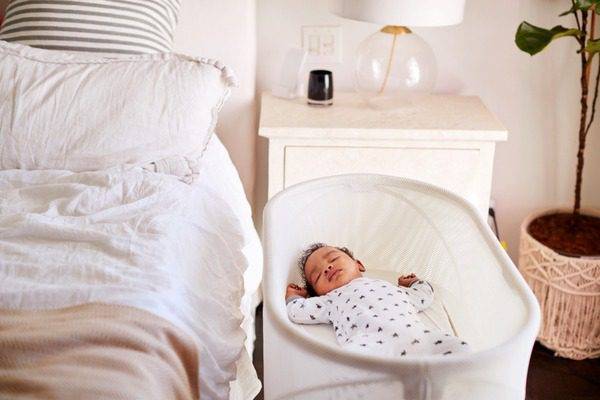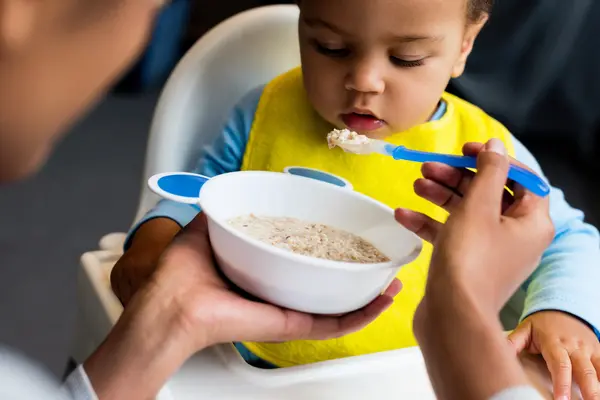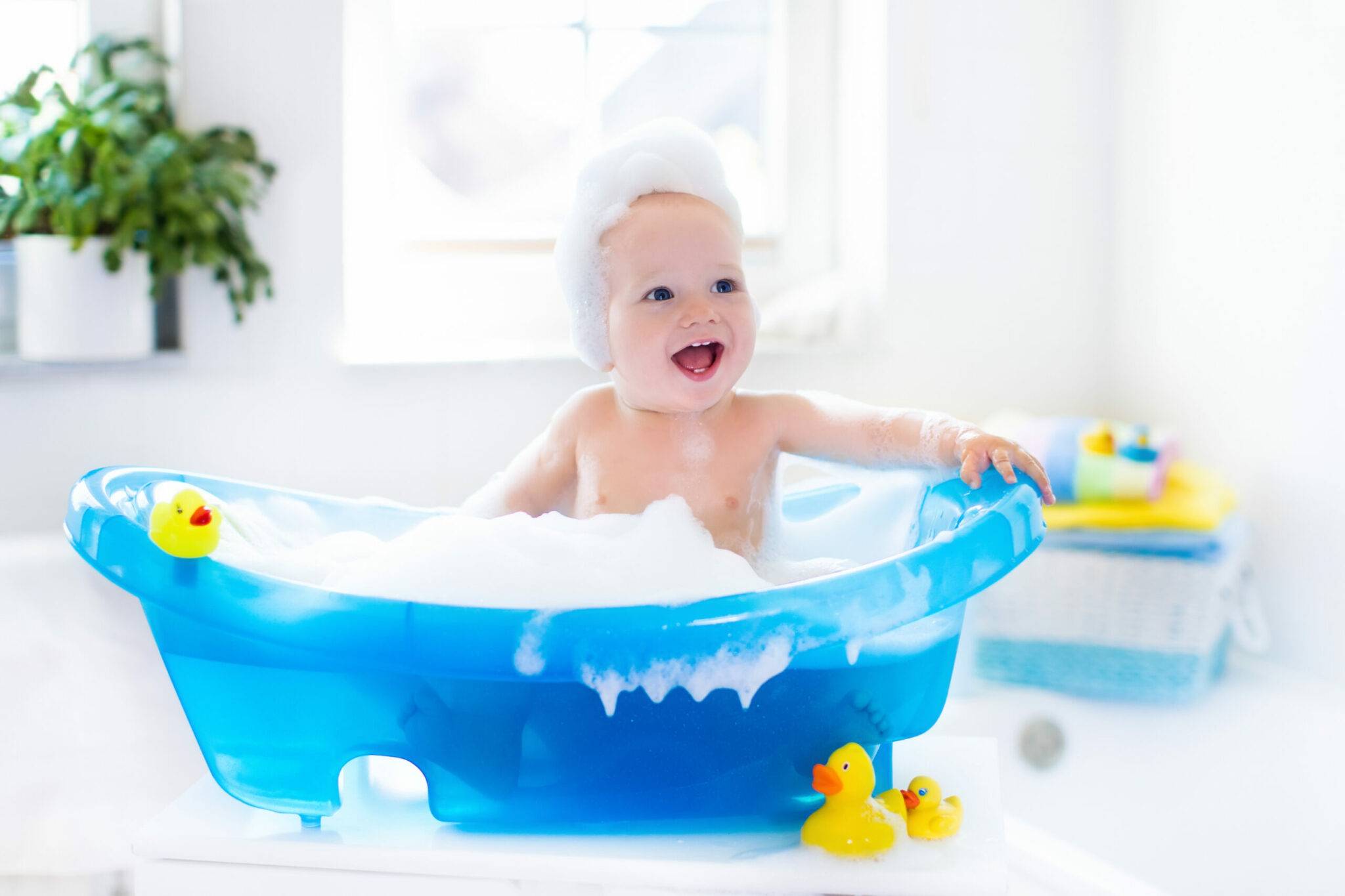It starts before they’re even born. Those tiny, rhythmic flutters in your belly from your baby having hiccups in the womb can happen as early as 21 weeks. And it’s perfectly normal. The hiccups that happen in utero have different causes than the ones they’ll have once they’re born but the mechanism is essentially the same.
Just like adults, babies get hiccups when the diaphragm is irritated or stimulated causing the muscles to contract involuntarily. The spasm causes air to be sucked into the throat, making the vocal cords quickly constrict which is what produces that “hiccup” sound we all know.
As frustrating as hiccups can be for adults, take comfort in knowing they’re really no cause for concern in babies.
Why Do Babies Get Hiccups?
Nobody really knows for sure why we get hiccups at all. Unlike coughing or passing gas, they don’t seem to serve any useful purpose.
What we do know is what triggers them. In newborns, the culprit is usually overfeeding or eating too quickly which means baby is swallowing a lot of air. All that air makes the stomach distend which puts pressure on the diaphragm causing it to spasm and then it’s hiccup city.
In some cases, hiccups can be caused by gastroesophageal reflux or GER. This is when partially digested food and stomach acids flow back up into the esophagus, causing burning and discomfort. It’s actually quite common but that doesn’t mean it’s any fun for parents or baby.
Hiccups alone are not a sign of GER. If you notice your baby crying more frequently, arching their back during or after feedings, and spitting up more than normal, contact your pediatrician. And don’t worry yourself too much, it’s an easily treated condition that most babies grow out of.
Preventing Hiccups
Hiccup prevention for babies, unsurprisingly, usually involves burping. Feeding smaller amounts and burping your baby more frequently can help alleviate hiccups or even stop them before they start.
In breastfed babies, try burping baby as you switch sides between breasts. You might also try checking their latch. Make sure your little one’s lips are sealed around the areola and not just the nipple. Improper latch can cause your baby to swallow extra air.
Similar wisdom holds true for bottle feeding. Try stopping halfway through the bottle to burp your little bean and get any extra air out. You might even take a short break before you resume feeding. There are also a great many bottles on the market specifically designed to reduce the amount of air your baby takes in while feeding. With any bottle, it’s important to tilt it at about a 45-degree angle so any air in the bottle isn’t in the nipple.
It’s important to feed your baby at the first sign of hunger rather than waiting until they are all worked up and crying. All the gasping that comes along with a big cry can cause your baby to, you guessed it, swallow extra air. You can also try feeding your baby in a more upright position to help the air rise up more easily.
Getting Rid of Hiccups
There are approximately 864 different remedies someone you know probably swears by for getting rid of hiccups in adults. (The best one is to plug your nose and ears and drink from a straw. Seriously. Try it.) Unfortunately, most of them have questionable rates of efficacy and most of them are definitely not safe for babies.
Never try to force your baby to hold their breath or drink out of the wrong side of a glass of water. Don’t try to startle or scare them either. All you’ll get is a baby who’s got hiccups AND is now terrified.
Janice Heard, a community pediatrician in Calgary and a member of the Canadian Paediatric Society’s Public Education Advisory Committee recommends a good, old fashioned distraction. “Make them laugh,” she says. “Do something silly so they forget what’s going on with their hiccups.”
Gripe Water and Gas Drops
If your baby seems to suffer from gas all the time, there are a few over-the-counter remedies your pediatrician may recommend. Gripe Water is a liquid supplement comprised of sodium bicarbonate and a blend of herbs that are traditionally used to treat stomach upset. Usually some combination of fennel, ginger, peppermint, chamomile and others depending on the brand and formula.
Gripe Water is often marketed as a remedy for several infant ailments, from teething pain to colic. There are a dizzying number of formulas and brands available so be sure to speak to your pediatrician before trying Gripe Water for your baby.
Another common gas relief product is gas drops. Gas drops are made from simethicone which is designed to relieve gas pressure and pain. Again, it’s a good idea to speak with your pediatrician before starting any new medicines with your little one.
Hiccups Are Normal
Hiccups are rarely a cause for concern. They are a perfectly normal part of babyhood and every infant gets them. Try some of these remedies or just wait it out. They’ll go away on their own eventually.





